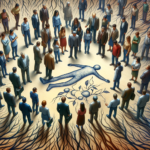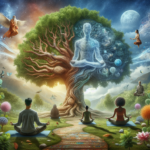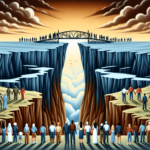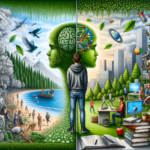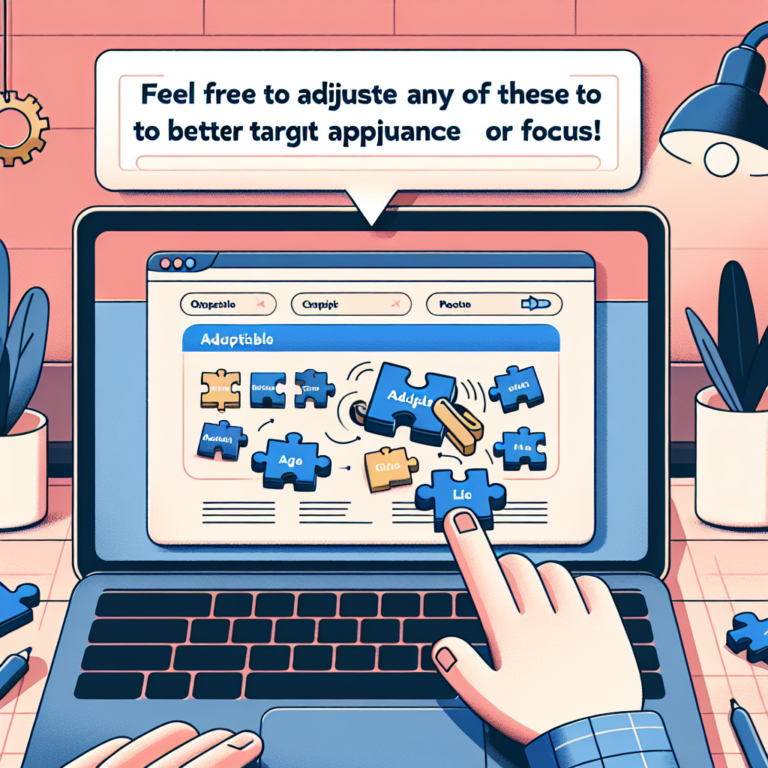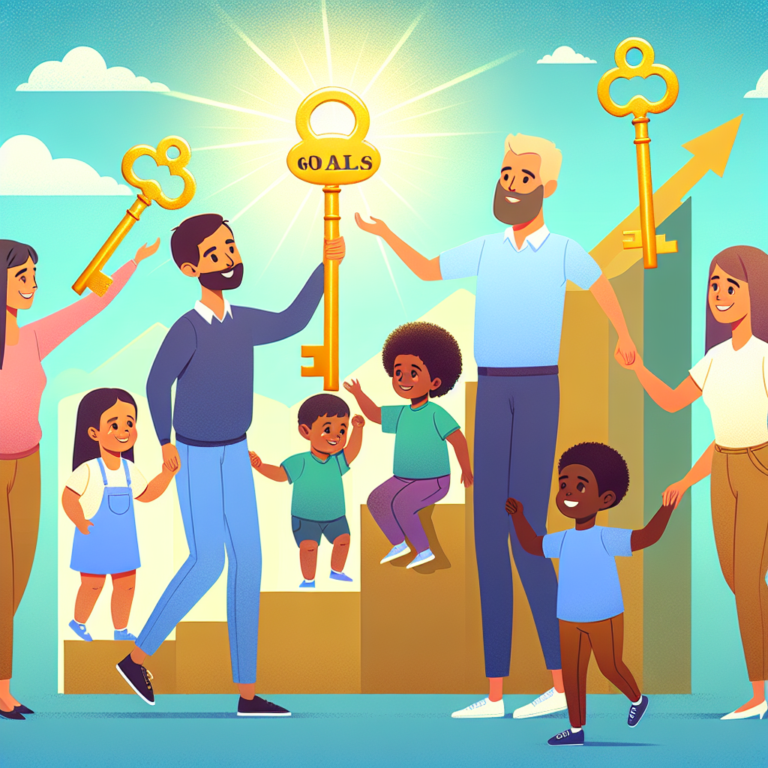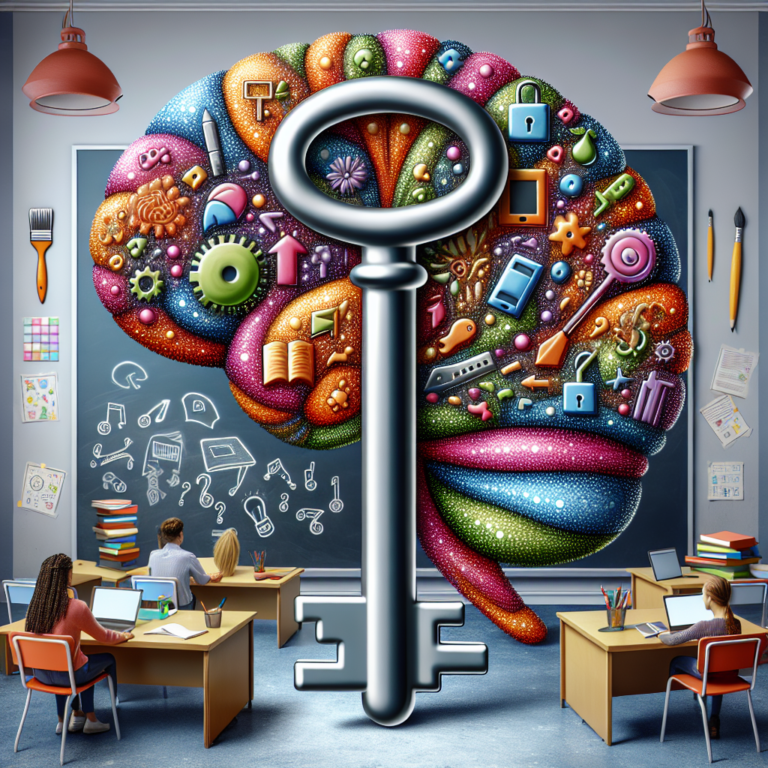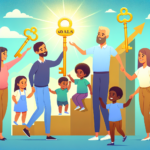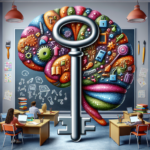
Breaking Barriers: Celebrating Famous Figures Who Overcame Learning Disabilities
Introduction
Imagine the hurdles of education appearing as insurmountable walls, standing tall between a child and their dreams. Yet, throughout history, many individuals have emerged from these struggles not just as survivors, but as celebrated icons who have profoundly impacted the world. Breaking Barriers: Celebrating Famous Figures Who Overcame Learning Disabilities sheds light on their journeys, showcasing that learning disabilities do not define a person’s potential. This topic is not only relevant but essential in fostering understanding, acceptance, and inspiration for millions affected by similar challenges.
In a world that increasingly values diversity and inclusion, the stories of these trailblazers illuminate the resilience of the human spirit. Their achievements serve as powerful reminders that success can blossom even in the unlikeliest of circumstances. Let us dive deeper into the lives of these extraordinary individuals, explore their challenges, and celebrate their triumphs.
Understanding Learning Disabilities
To fully appreciate the stories of those who have overcome learning disabilities, it’s important to understand what they are. Learning disabilities (LD) affect the brain’s ability to receive, process, store, and respond to information. They can impact skills like reading, writing, and math. It’s crucial to recognize that LD does not correlate with intelligence; many individuals with learning disabilities possess remarkable talents and insights.
Common Learning Disabilities
Here’s a quick overview of some common learning disabilities:
| Type of Learning Disability | Description |
|---|---|
| Dyslexia | Difficulty in reading due to issues in phonological processing. |
| Dysgraphia | Challenges in writing, including poor handwriting. |
| Dyscalculia | Difficulty with numbers and math concepts. |
| ADHD | Affects attention and can impact learning and organization. |
Each individual’s experience with learning disabilities is unique, which further complicates the narrative. Despite these challenges, many have risen to prominence in various fields, demonstrating that determination can triumph over adversity.
Famous Figures Who Broke Barriers
Let’s explore the journeys of some notable figures who faced learning disabilities. Their stories serve as powerful testaments to resilience and innovation.
Albert Einstein
Breaking Barriers: Celebrating Famous Figures Who Overcame Learning Disabilities would not be complete without mentioning Albert Einstein. Infamously considered a slow learner in his youth, Einstein faced challenges in the conventional education system. Diagnosed with dyslexia, he struggled with reading and writing, but he transformed these challenges into fuel for his curiosity.
Analysis: Einstein’s journey illustrates that traditional educational metrics do not define intelligence. His groundbreaking theories reshaped physics, proving that intellect can manifest outside standardized frameworks.
Agatha Christie
The Queen of Mystery, Agatha Christie, is another celebrated figure who broke barriers. Christie, who struggled with dysgraphia, found writing daunting. Yet, she penned over 60 detective novels, captivating readers worldwide. Her novels have sold billions of copies, marking her as one of the best-selling authors of all time.
Analysis: Christie’s success in navigating her writing challenges underscores the power of passion and perseverance. She transformed her disabilities into one of her greatest strengths, reinforcing that creativity thrives in diverse forms.
Steven Spielberg
The legendary filmmaker Steven Spielberg was diagnosed with dyslexia in his early school years. Faced with educational setbacks, he developed a vivid imagination and strong storytelling skills. Despite discouragement from teachers, Spielberg went on to create some of the most iconic films in cinematic history, including "E.T." and "Jurassic Park."
Analysis: Spielberg’s cinematic success highlights the importance of following one’s passion despite obstacles. His story offers hope that creativity can flourish even when conventional routes seem blocked.
Whoopi Goldberg
Comedian and actress Whoopi Goldberg is another inspiring figure who faced significant learning challenges. Diagnosed with dyslexia, Goldberg struggled throughout her schooling years. However, her unique voice and talent eventually led her to win multiple prestigious awards, including an Academy Award.
Analysis: Goldberg’s achievements illustrate the power of self-acceptance and the idea that embracing one’s unique qualities can lead to tremendous success. Her journey encourages others to own their stories and talents boldly.
Richard Branson
Richard Branson, the founder of the Virgin Group, has been candid about his struggles with dyslexia. In school, he found traditional learning methods challenging and often felt inadequate. However, he channeled his creativity and entrepreneurial spirit into building a successful business empire.
Analysis: Branson’s life serves as an example of how learning disabilities can spur creativity. His innovative thinking and willingness to take risks have redefined what it means to be a successful entrepreneur.
Temple Grandin
Temple Grandin, diagnosed with autism and learning disabilities, became a leading advocate for both animals and individuals on the autism spectrum. Grandin’s innovative designs in livestock handling have revolutionized the industry, and her work has earned her recognition as one of TIME Magazine’s 100 most influential people.
Analysis: Grandin’s story emphasizes the importance of advocacy and understanding in cable-bridging gaps between society and those with unique abilities. She showcases how a profound understanding of oneself can lead to impactful work.
The Power of Support Systems
One crucial aspect that stands out in the stories of these figures is the support systems that played a role in empowering them. Whether through family, teachers, or mentors, having someone who believed in their potential made a significant difference.
- Mentorship: Finding a mentor can provide guidance and encouragement for individuals with learning disabilities.
- Educational Resources: Tailored educational approaches can help unlock an individual’s potential. Innovative techniques like multi-sensory learning can thrive with the right strategies.
- Community Support: Being part of a community that understands and supports those with learning disabilities is vital for personal growth and resilience.
Conclusion
In Breaking Barriers: Celebrating Famous Figures Who Overcame Learning Disabilities, we’ve embarked on a journey through the stories of remarkable individuals who redefined their narratives. Their resilience and determination provide powerful messages of hope to those currently facing similar challenges. Learning disabilities may present obstacles, but they do not dictate the limits of success.
Inspiring stories fuel the belief that barriers can be broken, and potential can be harnessed. The lessons learned from these famous figures reaffirm the significance of supportive networks, persistent self-belief, and the beauty of embracing one’s unique journey.
FAQs
1. What are some common types of learning disabilities?
Common types of learning disabilities include dyslexia, dyscalculia, dysgraphia, and ADHD. Each affects different areas of learning, but they do not correlate with a person’s intelligence.
2. How can I support someone with a learning disability?
You can support someone with a learning disability by offering encouragement, understanding their unique learning styles, and advocating for accommodations when needed.
3. Are there specific strategies for teaching individuals with learning disabilities?
Yes, multi-sensory learning techniques, breaking tasks into smaller steps, and providing clear instructions can benefit individuals with learning disabilities.
4. Can individuals with learning disabilities lead successful lives?
Absolutely! Many individuals with learning disabilities, such as the famous figures discussed, have achieved remarkable success in various fields through perseverance and support.
5. How do learning disabilities affect self-esteem?
Learning disabilities can potentially affect self-esteem, especially if individuals face negative experiences in educational settings. However, encouragement and understanding can help build confidence.
6. Is there a difference between learning disabilities and intellectual disabilities?
Yes, learning disabilities specifically affect the ability to learn in a certain area, whereas intellectual disabilities involve limitations in cognitive functioning and adaptive behaviors.
The narrative of Breaking Barriers: Celebrating Famous Figures Who Overcame Learning Disabilities is a testament to the indomitable spirit of those who dare to dream against the odds. Embrace your journey, celebrate your uniqueness, and be inspired by those who have paved the way!
